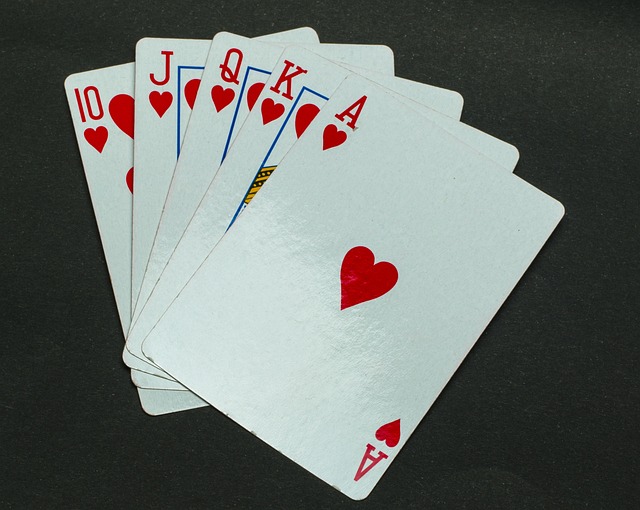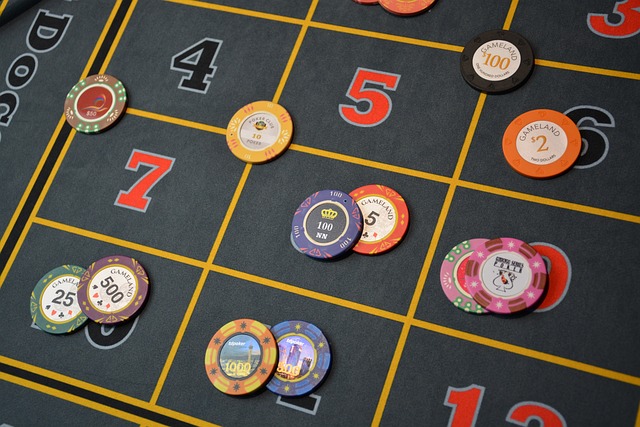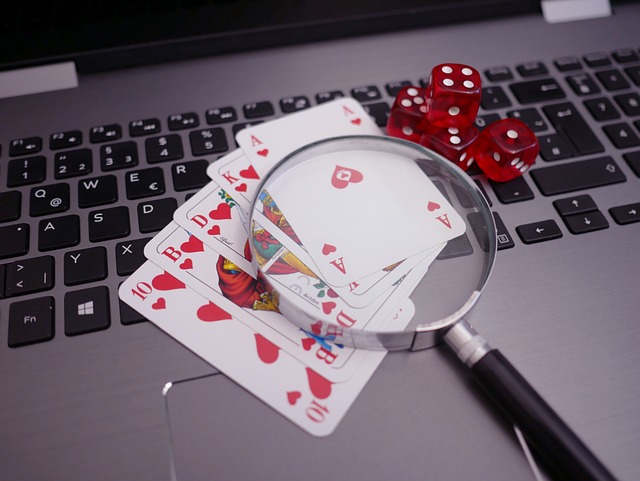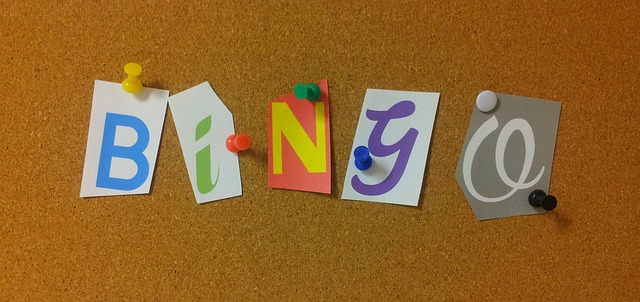The Allure of the Floor
Picture this: You walk into a casino, and it’s like entering another universe. The bright lights dazzle your eyes, the sound of chips clinking together fills the air, and the thrill of potential winnings is palpable.
But what’s going on inside your brain that makes risking your money so enticing? Find out at Bizzo Casino, the most reputable online hall to put this new information into practice!
The Dopamine Hit
When you’re at a casino, your brain is like a kid in a candy store. Every win at the slots or every successful roll of the dice releases dopamine, a neurotransmitter associated with pleasure and reward. It’s like the joy you get from eating a delicious meal or spending time with loved ones. The brain loves rewards, andgaming is a buffet of dopamine hits waiting to happen.
Risk vs. Reward

Your brain is always calculating the odds. Whether consciously or otherwise, you’re always weighing the risks against the potential rewards. When the upside appears worth the risk, you’re more likely to take the plunge.
When you make bets, the promise of a big payout can override the rational part of your brain that’s warning you about the potential losses. It’s the classic battle between immediate gratification and long-term consequences.
Social Factors
Let’s not forget the impact of the crowd. Peer pressure and social proof are powerful influencers in the world of gambling. When you see others winning or getting excited about a game, you’re more likely to dive in yourself. Casinos are social hubs, full of energy and interaction. This helps to grease the wheels of your risk-taking behavior.
Superstition and Rituals
Believe it or not, many gamblers rely on superstitions and rituals to guide their actions. Whether it’s crossing fingers, wearing a lucky charm, or following specific rituals, these habits add an emotional layer to the process. Even though they don’t change the odds, they give players a sense of control, making the risk seem more manageable.
The Illusion of Skill

Another psychological factor that comes into play is the illusion of skill. In games like poker or blackjack, where a high level of skill is involved, you might think you have more control over the outcome than you actually do.
It’s essential to remember that while skill can indeed influence the game, luck still plays a significant role. Overestimating your abilities can lead to bigger bets and, so, bigger losses. Keep your ego in check and make calculated decisions rather than getting swept up in the illusion that you’re an unbeatable master of the game.
Closing Thoughts
Risk-taking at the casino is a complex interplay of psychological factors. From the chemical reactions in your brain to the social influences around you, many elements push and pull you toward taking that next gamble. In your next few rounds at the hall, remember: your brain could be both your best friend and your worst enemy.



